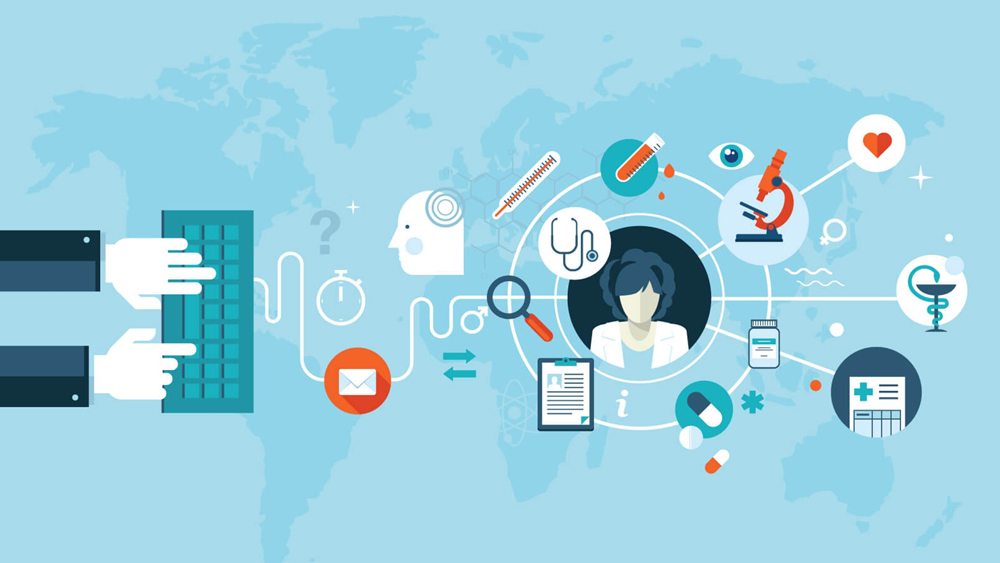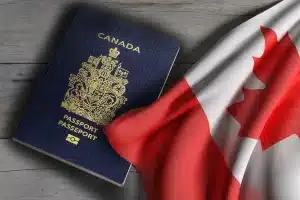A Comprehensive Guide to Addiction Treatment Services

Addiction treatment services are an important part of the recovery process for individuals struggling with addiction. Whether it’s an addiction to drugs, alcohol, or gambling, finding the right treatment services can be the key to long-term recovery. A Comprehensive Guide to Addiction Treatment Services is a comprehensive resource for anyone seeking help with addiction. This guide provides an in-depth look at the available treatment services, including rehabilitation, therapy, support groups, and more. It also offers insight into the common challenges faced by individuals in recovery and how to best navigate them. This resource is an invaluable tool for anyone seeking to understand addiction and make positive changes in their life.
Behavioral Therapy
Behavioral therapy is a form of addiction treatment that focuses on helping individuals identify and change destructive behaviors. Addiction treatment services are designed to help individuals suffering from substance abuse and/or addiction overcome their issues and lead healthier, more productive lives. This therapy helps individuals identify their triggers for using drugs or alcohol and how to avoid them in the future. The goal of behavioral therapy is to replace negative behaviors with positive, healthy ones in order to support recovery. During behavioral therapy, individuals may participate in one-on-one or group therapy. Common techniques used in behavioral therapy include problem-solving, goal-setting, and exploring emotions. For example, a therapist may encourage someone to think through a problem-solving approach when faced with a craving or urge to use drugs. This helps the individual learn how to better manage their emotions and move away from the urge to use drugs or alcohol.

Cognitive Behavioral Therapy
Cognitive Behavioral Therapy (CBT) is another form of addiction treatment that focuses on helping individuals recognize and change negative thought patterns and behaviors. CBT helps individuals identify and challenge their underlying beliefs and thought patterns that lead to negative behavior, such as using drugs or alcohol. During CBT, individuals learn how to identify their triggers for using drugs or alcohol and how to better manage their emotions. This form of therapy also helps individuals develop coping strategies for managing cravings and urges. CBT can be done in individual or group settings, and the goal is to help individuals learn how to better manage their thoughts and behaviors in order to support their recovery.
Pharmacological Interventions
Pharmacological interventions are a form of addiction treatment that utilizes medication to help individuals manage their symptoms of addiction. Medications used in pharmacological interventions can be used to reduce cravings, ease withdrawal symptoms, or block the effects of drugs or alcohol. These medications can be used in combination with behavioral therapy or other forms of treatment to help individuals manage their symptoms of addiction and support their recovery.
Support Groups
Support groups are a form of addiction treatment that provides individuals with a safe and supportive environment to share their experiences with others in recovery. These groups provide individuals with an opportunity to learn from the experiences of others and gain insight into their own recovery journey. Support groups can be done in either individual or group settings, and the goal is to provide individuals with a safe and supportive space to share their stories and learn from one another.
Detoxification Services
Detoxification services are a form of addiction treatment that focuses on helping individuals safely and effectively detox from drugs or alcohol. Detox is a process of allowing the body to rid itself of toxins from drugs or alcohol, and detoxification services provide individuals with medical and psychological support throughout the process. Detoxification services can be done in either an inpatient or outpatient setting, and the goal is to help individuals safely and effectively detox from drugs or alcohol.
Residential Treatment Programs
Residential treatment programs are a form of addiction treatment that provides individuals with 24-hour care and support in a residential setting. These Residential treatment programs provide individuals with a safe and supportive environment to focus on their recovery and learn healthy coping skills. During residential treatment, individuals participate in various forms of therapy, such as group therapy, individual therapy, and family therapy. The goal of residential treatment is to help individuals gain insight into their addiction and learn the skills they need to maintain long-term recovery.
Aftercare and Relapse Prevention
Aftercare and relapse prevention are important components of addiction treatment. Programs provide individuals with ongoing support and resources after they have completed a treatment program. These programs help individuals maintain their recovery and learn how to manage their triggers and cravings. Relapse prevention programs help individuals identify and manage their triggers for using drugs or alcohol and learn how to better manage their emotions. These programs also help individuals develop coping strategies for managing cravings and urges.
Holistic Approaches to Recovery
Holistic approaches to recovery are a form of addiction treatment that focuses on treating the whole person and their mental, physical, and spiritual needs. The goal of holistic approaches to recovery is to help individuals gain insight into their addiction and learn how to manage their thoughts and emotions in order to support their recovery. Holistic approaches to recovery often incorporate a variety of therapies and interventions, such as yoga, meditation, mindfulness, nutrition, and exercise.
Conclusion
Addiction Treatment Services are a vital and necessary tool for individuals suffering from addiction. They can provide the necessary education, support, and resources to help individuals navigate the recovery process. While it is not easy, and it takes hard work and dedication, recovery is possible. As this guide has demonstrated, there are numerous services available to individuals in need of help. Those services range from medical and mental health treatment, to support groups, to sober living houses. Every person’s journey to recovery is unique and so the type of treatment and services needed will vary from person to person. However, for those seeking help, the road to recovery is possible and there are numerous services available to assist them.
Shiv Gupta is the Founder and Head of Growth at Incrementors. Incrementors is an Award-Winning Digital Marketing Agency that helps clients to grow their business online by generating more traffic, leads, and sales. Incrementors specializes in providing customized, tailored online marketing solutions highly specific to the needs of the clients.









